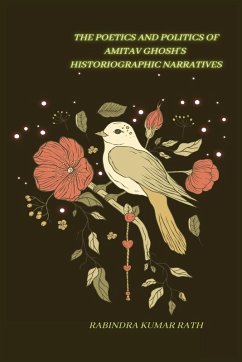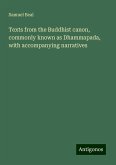A noticeable feature of the contemporary novel is that it has become increasingly saturated with history and writers from the postcolonial world in particular are becoming even more deeply historically conscious. Literature representing historical events, and historiography using elements of the literary discourse have helped blur the distinctions between the two disciplines and Ghosh's work can be viewed from the perspective of 'literature as historiography'. Amitav Ghosh treads , quite adroitly, the fine line between historicizing fiction and fictionalizing history. In this thesis I have approached the novels of Amitav Ghosh from the historiographical standpoint.I have selected four historical novels for my study. The novels are : The Glass Palace , and the three novels published as Ibis Trilogy , namely Sea of Poppies , River of Smoke and Flood of Fire.The introduction covers the relevance of historical novels, Ghosh's life and works and the reception of Ghosh in India and abroad .The methodological parameters I have adhered to is mainly the New Historicist method since it has made useful contribution to the development of postcolonial discourses as well as to the study of history and literature. But my approach is broadly eclectic. I have applied the theoretical formulation of theorist who do not strictly belong to the New Historicist trend.I discuss Ghosh's novels from a thematic perspective. The second , third and fourth chapters lean somewhat more towards theory while the fifth and sixth chapters are devoted to the textual analysis of the novels.In Chapter Two, "Towards A Literary Historiography : History, Fiction , Narrative and Genre" , I build an argument that the historical novels of Ghosh can be interpreted as a form of 'literary historiography' . I set out to explore the relationship between history and literature and then relate them to the question of narrativity.Chapter Three is History as Storyworlds. The most distinctive quality of Ghosh is his storytelling ability . In creating a world for the novel the writer enters story space. Howhe builds his storyworlds and the theoretical underpinnings of this process is examined in this chapter.In History as Resistance , resistance as a strategy is viewed from the subaltern perspective. Ghosh's endeavour in recuperating the subaltern and his exploration of the subaltern consciousness forms the body of this chapter.
Hinweis: Dieser Artikel kann nur an eine deutsche Lieferadresse ausgeliefert werden.
Hinweis: Dieser Artikel kann nur an eine deutsche Lieferadresse ausgeliefert werden.








